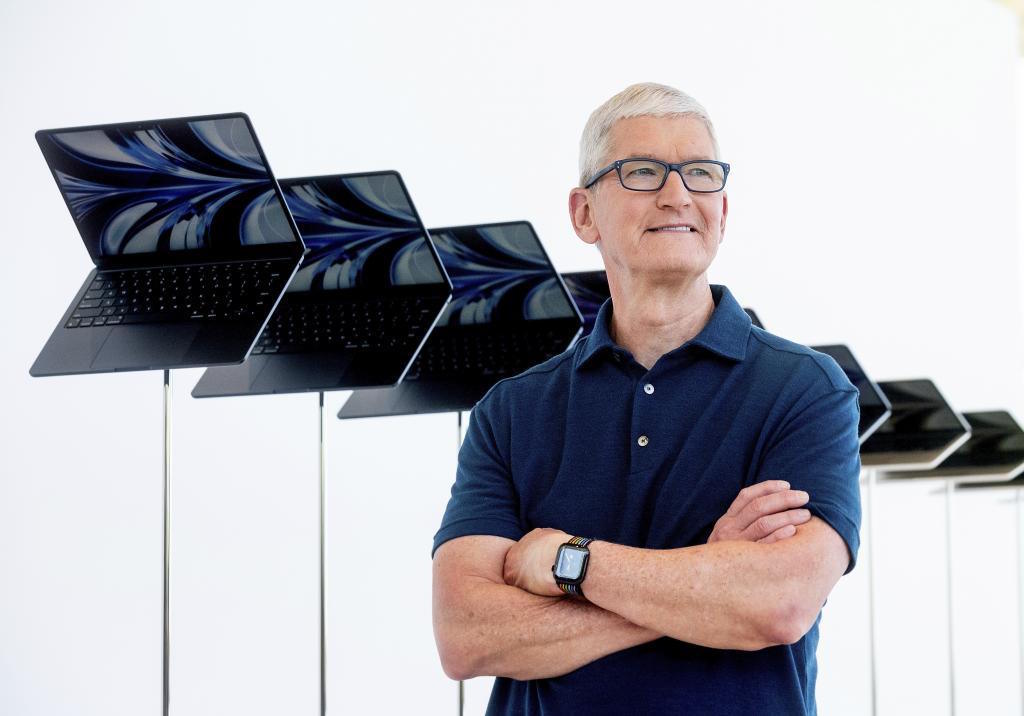The emergence of DeepSeek's artificial intelligence caused panic in stock markets around the world last Monday, and although they partially recovered yesterday, there is one company that has not been affected by the crisis of the rest of the American tech companies, but quite the opposite: Apple.
The electronics manufacturer has been punished by the markets for lagging behind in the AI race, but this failure has now turned into an advantage following the promise of a cheaper AI from the Chinese company. Thus, at the close of this edition, the company was valued at 3.61 trillion dollars, a figure that exceeds by more than 200 billion dollars that of last Monday.
The main reason is that Apple will face its results presentation without the pressure of having to defend the tens of billions of dollars in data centers that companies like Microsoft and Meta have promised for the development of their AI. In a scenario where it is now questioned whether it is necessary to go as far as these giants propose, the frugality of Apple's promises will be rewarded.
On the other hand, as explained by César Gimeno, manager at Mapfre AM specializing in this field, the prices that DeepSeek asks for developing applications based on its technology are only 0.14 dollars per million tokens, compared to a fee of 7.5 dollars from OpenAI for the same amount of data. This is a promise that, if confirmed, indicates that we are facing an era of cheaper AI usage, which according to Gimeno will force companies like the aforementioned OpenAI, Google, or Meta to reevaluate their pricing strategies.
Does this mean that DeepSeek can steal the best clients from the big American companies? According to Ignacio Isasa, partner responsible for Digital Technology Consulting at EY, it is a highly promising technology, but its origin could complicate its commercial success. "It could raise certain concerns, especially regarding data privacy and possible links to government regulations, aspects that could hinder its acceptance in markets like the United States and Europe," adds the executive in statements to EL MUNDO.
Nevertheless, the Western market is not the only market in the world, and Isasa also points out that the advancements are particularly interesting, especially in a context where Nvidia chips have been characterized by their scarcity and there are companies that have not been able to acquire enough. "The entry of a new player in the AI ecosystem would not only diversify the existing offer but could also balance the current dependence on Nvidia's specialized hardware. This would promote a more dynamic competition in the industry, driving advances in accessibility and performance," EY points out.
